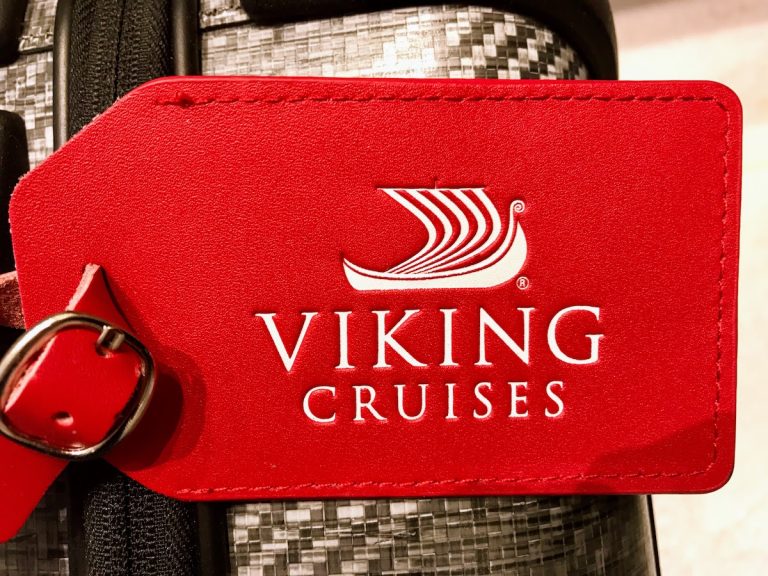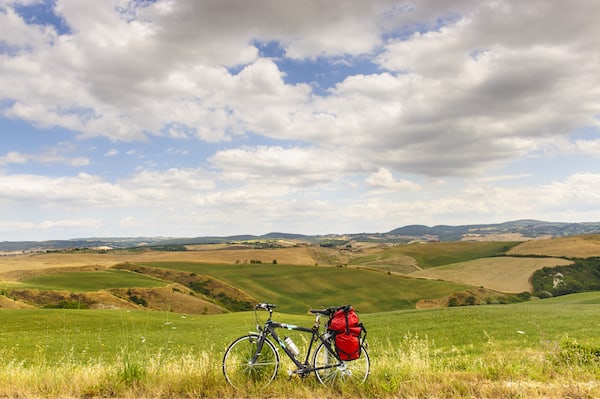Travel Safely! Tips for preventing accidents

Some valuable reminders to help you travel safely on your next trip…
The next time someone wishes you “safe travels,” don’t take their kind words for granted. Vacationing can put travelers at risk for a wide range of accidents that can turn the trip of a lifetime into a trip to the emergency room.
To make sure your travels offer lifelong memories (but not for the wrong reasons), here are five common travel-related accidents and tips for how to avoid them:
1) Falls are a danger at home and away
While traveling, you are more likely to walk on uneven terrain such as cobblestone streets or dirt trails, and you will likely be carrying heavy luggage or a backpack that can throw off your balance. You might cover many miles in a single day, which presents increased opportunities for a fall and also weakens your legs due to fatigue and dehydration. Plus, it’s easy to become distracted while sightseeing and not watch where you’re stepping.
Tips for prevention:
- Invest in a sturdy pair of hiking boots or athletic shoes and break them in before your trip. And if balance is a problem, don’t let your ego get in the way of buying a quality walking stick!
- When you pack for your trip, try to do so in a way that provides a light and balanced load. As you leave your hotel for each day of sightseeing, only take what you need for the day.
- Drink plenty of water and keep your energy up with snacks rich in carbs and protein.
2) Traffic accidents can happen anywhere
Travelers face a high risk of traffic and pedestrian accidents, especially when visiting foreign countries. Around 25,000 tourists are killed in traffic accidents every year, and nearly half of all medical evacuations back to the U.S. are because of car crashes.
Roads in some developing countries can be littered with more hazards than U.S. drivers may be accustomed to, such as dangerous sand, gravel, potholes and sharp drop-offs.
Additionally, traffic laws abroad often differ, leaving you more vulnerable to an accident simply because you’re unfamiliar with the rules of the road. Another thing to consider is that tour buses, rental cars and taxi cabs in some countries may not have the same safety requirements and features U.S. travelers may be accustomed to.
Tips for prevention:
- If you plan on driving in a foreign country, do your homework and familiarize yourself with local traffic laws and driving habits before you travel.
- Research local rental car companies and read online user reviews. It is essential to rent a car that is in good operating condition, even if it means paying a little more.
- Avoid overcrowded or top-heavy buses and always wear a helmet when riding a moped, scooter or motorbike, even if none of the locals wear helmets.
- Drive defensively, especially at night, as you will be unfamiliar with the area.
3) Adventurous activities are fun but require even greater caution
When on vacation, active travelers often indulge in potentially dangerous outdoor activities such as water rafting, scuba diving or bungee jumping. In some locations around the world (including at resorts), safety regulations can be lax, critical safety information may be lost in translation, equipment may be old and unsturdy. A traveler’s unbridled enthusiasm for adventure could lead to a false sense of confidence.
Tips for prevention:
- If you plan on exploring your wild side while on vacation, do your research and check out some relevant onine reviews. Learn about the experiences of other people who have enjoyed the same activities with the same organizations.
- Prior to leaving home, speak with an expert. Seek specific guidance about any red flags you should watch out for and things you can do to stay safe on your specific adventure.
4) Wildlife is beautiful but can be unpredictable
Lions and tigers and bears — oh my, what a fun vacation! The biggest wildlife threats to travelers tend to be snakes, insects, jellyfish and stingrays. Vacationers are sometimes exposed to new and unfamiliar animals hiding in wild terrains, which can be the perfect recipe for a dangerous encounter.
Tips for prevention:
- Keep a safe distance from wildlife. No photo opportunity is worth a serious injury, and a bison selfie is always a bad idea.
- You’ve heard it before, but it’s worth repeating: Don’t feed the wildlife. Offering up a small sample of food can actually make an animal aggressive if it wants more.
- A large number of stray dogs and cats roam the streets in many countries. Resist the urge to get too close, as you never know if these animals have rabies or pose other health threats.
- Before leaving for your trip, research the wildlife and know the dangers you may encounter.
5) Enjoy swimming, but not by yourself
Swimming should be among the safer and more relaxing activities during your vacation. However, there can be dangers lurking in the water for tourists and travelers. Visitors to the popular vacation destination of Hawaii drown at a rate that is 13 times the national average.
Travelers sometimes swim in new environments such as lakes, rivers, oceans and other natural pools of water that can feature dangerous currents, rocks, coral or cold temperatures. Even some swimming pools at hotels and resorts may not have lifeguards.
While enjoying a margarita on the beach is standard protocol while on vacation, imbibing too many drinks can impair your ability to swim.
Tips for prevention:
- Never swim alone.
- If you are a weak swimmer in stronger waters, wear a lifejacket.
- Do not engage in any water sports activities under the influence of alcohol.
- Do not swim at night or in poorly lit pools of water.
Thankfully, getting into an accident or mishap when traveling is the exception rather than the rule. But although accidents are rare, they do occur. It’s easy to lose sight of danger while traveling, and some tourists end up taking risks they wouldn’t otherwise take at home.
The tips above are reminders to greatly improve your chances of returning home with only souvenirs and photographs, instead of crutches and a medical bill.
Disclosure: This is a sponsored post supported by MedicareSupplement.com
Also on More Time To Travel:




